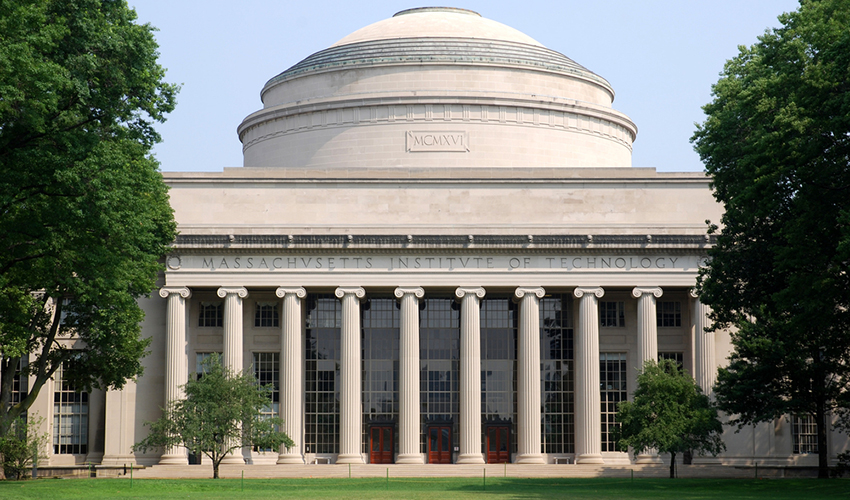MIT is Working on a Vaccine for PTSD

MIT Dome image via Shutterstock
At the Mission Gratitude event that was held in September to raise money for the Home Base Program, an organization that helps veterans and their families affected by combat or deployment-related stress and injuries like post traumatic stress disorder (PTSD), a soldier took the stage to talk about his experiences at war and with the “disorder.” He asked the crowd of more than 200 to “drop the D” because, he said, calling PTSD a “disorder” gives soldiers and other people affected another reason to not seek out help or open up about their trauma.
PTSD affects about 7.7 million American adults, including soldiers and victims of crimes, accidents, or natural disasters. MIT researcher Retsina Meyer says that about 40 to 50 percent of patients recover within five years, but the rest never get better. That’s why Meyer and her team are working to change that.
A little more than a decade ago, scientists discovered that a hormone called ghrelin enhances appetite. Dubbed the “hunger hormone,” ghrelin was quickly targeted by drug companies seeking treatments for obesity — but none have yet panned out. MIT neuroscientists, however, have discovered that ghrelin, released during chronic stress, can also make the brain more vulnerable to traumatic events, which MIT suggests may predispose people to PTSD.
Drugs that reduce ghrelin levels could help protect people who are at high risk for PTSD, such as soldiers serving in war, says Ki Goosens, an assistant professor of brain and cognitive sciences at MIT and a member of the McGovern Institute for Brain Research. Goosens is the senior author of a paper describing the findings in the journal Molecular Psychiatry. “Perhaps we could give people who are going to be deployed into an active combat zone a ghrelin vaccine before they go, so they will have a lower incidence of PTSD. That’s exciting because right now there’s nothing given to people to prevent PTSD,” she says. “When you have people with a history of stress who encounter a traumatic event, they are more likely to develop PTSD because that history of stress has altered something about their biology. They have an excessively strong memory of the traumatic event, and that is one of the things that drives their PTSD symptoms.”
So how exactly can this help people with PTSD? Goosens tells Discovery:
“You would get a shot, and for a year it would lower your ghrelin levels,” said Ki Gossens, assistant professor of brain and cognitive sciences at MIT, and an author of the paper in the journal Molecular Psychiatry. “When you were deployed and exposed to the stress of combat, your ghrelin levels would go up and the vaccine would combat that. That should reduce the incidence of PTSD. Right now, we don’t have anything to prevent it.” When rats were exposed to chronic stress over a prolonged period, their circulating ghrelin and amygdalar growth hormone levels also went up, and fearful memories were encoded more strongly. This is similar to what the researchers believe happens in people who suffer from PTSD, she says.
Meyer says that the persistent elevation of ghrelin following trauma exposure could be one of the factors that maintain PTSD. “So, could you immediately reverse PTSD? Maybe not, but maybe the ghrelin could get damped down and these people could go through cognitive behavioral therapy, and over time, maybe we can reverse it,” she says.
Working with researchers at Massachusetts General Hospital, Goosens’ lab is now planning to study ghrelin levels in human patients suffering from anxiety and fear disorders. They are also planning a clinical trial of a drug that blocks ghrelin to see if it can prevent relapse of depression.


